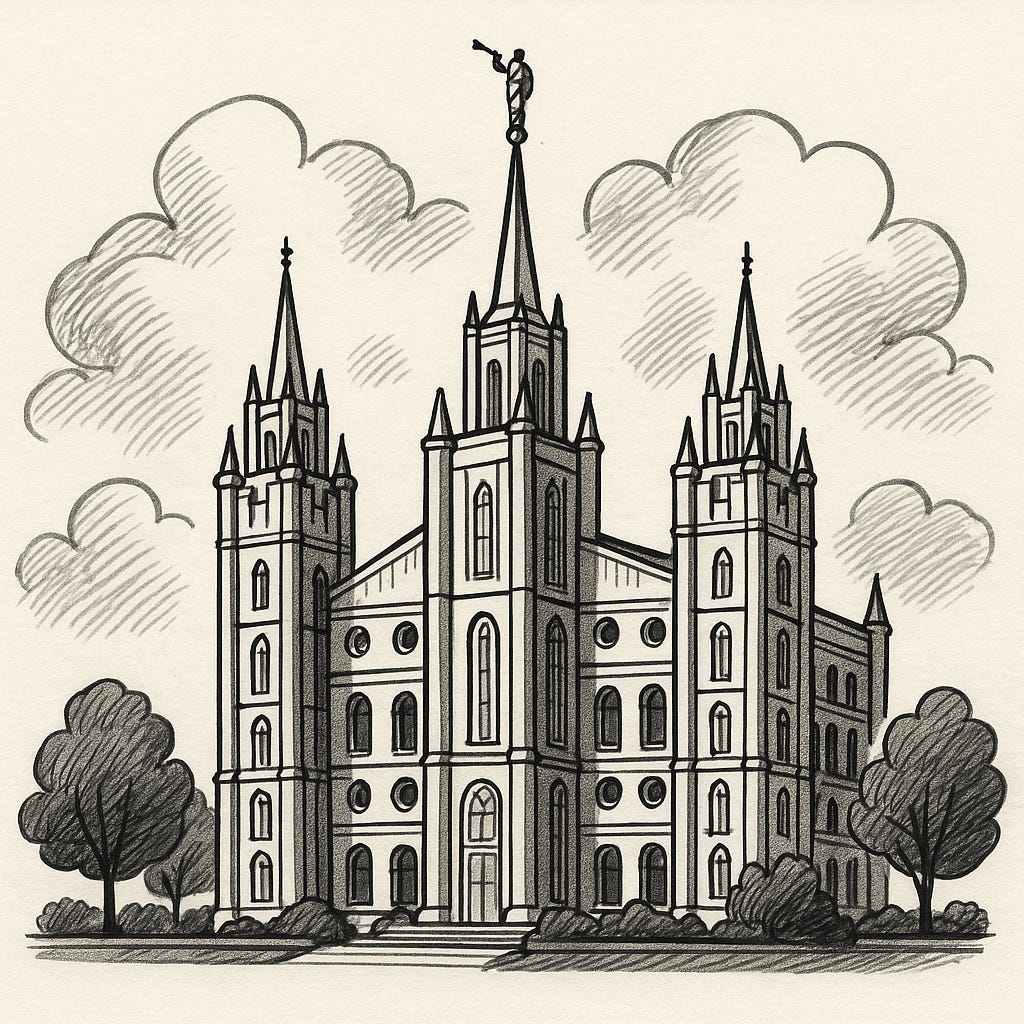Jacinda Ardern's book is not a manual on leadership, nor is it a study in statecraft or political acumen. It's a highly personalised memoir charting her upbringing, her values, and what it felt like to hold power, rather than what she did with it. As a political document, it's thin.
Points of genuine interest are few and far between. In terms of recognisable events, we get her introduction to politics, her abrupt rise to the leadership, her equally abrupt rise to the prime ministership, the oil and gas ban, the terror attack of 15 March, Covid, and then the abrupt end of her political life.
Even then, it's all strangely muted. The book tells us what happened, but almost never why. There's nothing, for example, on her decision to effectively flee New Zealand and take up a sinecure in exile in, of all places, Trump's America. And there's nothing insightful, for example, about how an unashamed progressive like Ardern could so easily square going into coalition with an avowed nationalist populist like Winston Peters.
The thinking behind those kinds of compromises would be fascinating to unpack but she sidesteps it entirely.
It reads like the kind of book you would write if you'd been given an enormous advance to say something about leadership but had very little advice to offer, because your political career consisted largely of reacting to events rather than driving them. And because the advance was so large, the publisher evidently didn't want to splash out on ghostwriters or editors either.
But if it's not really a book about leadership, it can be read as a book about formation. Because what this memoir does offer, deliberately or not, is an insight into how deeply Ardern was shaped by her upbringing - especially her time in the Church of Jesus Christ of Latter-day Saints or, as we tend to call them, Mormons.
From start to finish, Jacinda makes reference to Mormonism. The book is haunted not so much by the ghost of Joseph Smith (polygamist and probable con-man) as David O. McKay the 20th century LDS president who rebranded Mormonism as the clean-cut, family-first faith that Ardern absorbed in her childhood.
Mormonism, as Ardern experienced it, was about community, earnestness, moral certainty and service. And when you know that, you can see these qualities make writ large on her brand of politics: sentimental, saccharine and sometimes self-regarding - but always sincere.
References to Mormonism are frequent. She discusses her missionary door-knocking, her Young Single Adults organising role, her time as a regional leader for the Hamilton area and her struggle to reconcile her progressive values with a church that didn't allow full inclusion of LGBT people. A telling passage shows her speaking at a Mormon conference, opting to give a talk on Ernest Shackleton instead of a scripture lesson.
Keep reading with a 7-day free trial
Subscribe to The Blue Review w/ Liam Hehir to keep reading this post and get 7 days of free access to the full post archives.





